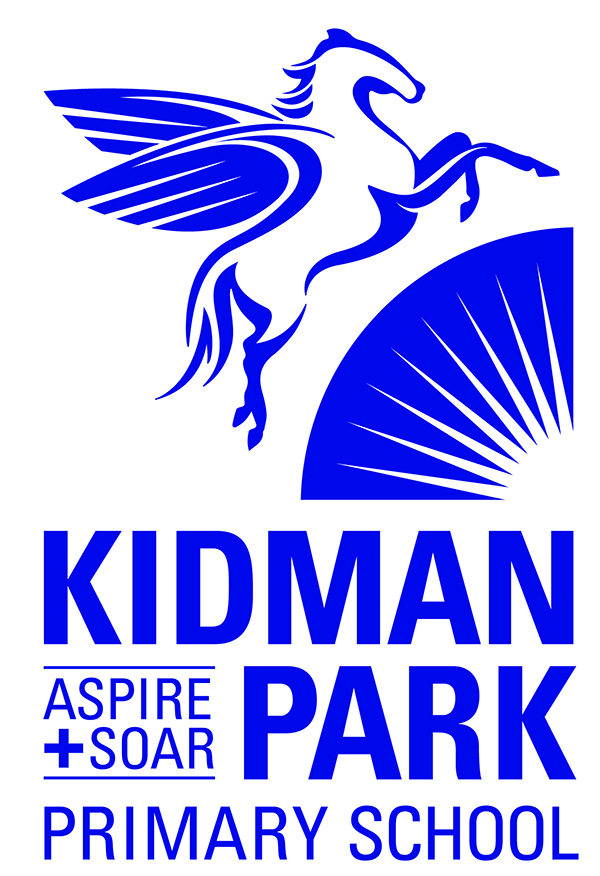Walker Learning Approach
Kidman Park Primary School implement the Walker Learning Approach across all year levels at the school. This allows teachers to build trusted relationships with students, personalise learning to be culturally and developmentally appropriate and assists with engaging students through their interests. Learning is real, relevant and meaningful for all children regardless of their age, culture, family context, socioeconomic background or geographical position. The WLA has been developed over 20 years using an action research model. It places the child at the centre and utilises developmental psychology and biology alongside cultural and environmental influences as its 7 pedagogical platform and the basis for practical application across the Australian setting. The key principles that guide WLA practice are that:
- All teaching is intentional
- Not all children are ready to learn the same thing at the same time in the same way
- Children’s interests are used not for the interest alone, but as a catalyst for engagement
- Children’s interest, culture and context are respected and used as a springboard to facilitate further understandings and skill development in all areas of learning including literacy, numeracy, the sciences, the arts, language, cognition, social, psychological and emotional development
- Child development is used as a basis for guiding practices as well as the principles of culture, community and family
- Learning is personalised and uses the children’s interests alongside additional exposure and concepts and experiences for children to explore their world, concepts, skills and environment
- The process of learning and skill acquisition is valued – not just, or always the focus of the end product
- Intrinsic (not extrinsic) motivation is valued and embedded in practice
- The adult / child relationship is highly valued and the relationship itself is a scaffold in the learning alongside the child
- Relationship with child, family and community are integral components of the approach
- The WLA does not require topics or themes but does include opportunities for teachers to include specific concepts
- Child development is used as a basis for guiding practice
- Relationships are developed and deepened through a range of key practices including Focus Children
- Learning is real, relevant and meaningful and is contextual to the child, family and community
For further information visit: https://www.earlylife.com.au/walker-learning


Copyright
Disclaimer Statement
Privacy Information
Copyright
